Hello and happy Saturday. The Ukrainian cause and broader European security suffered major setbacks in the last 10 days: Vice President J.D. Vance criticized our allies at the Munich Security Conference, a U.S. delegation traveled to Saudi Arabia for negotiations with Russia on ending the war, and President Donald Trump called Ukrainian President Volodymyr Zelensky a “dictator” and claimed he “should have never started” the war.
As we noted in The Morning Dispatch on Tuesday, “On September 30, 1938, the leaders of the United Kingdom, France, Italy, and Germany met in Munich to strike a deal that legitimized the Nazi conquest of Sudetenland in an effort to keep the rest of Czechoslovakia intact. Less than six months later, Germany broke the pact and continued its push into Czechoslovakia before setting its sights on Poland and France. As Russia’s war in Ukraine enters its fourth year, the war-torn country’s European backers fear another Munich moment may be at hand.”
Vance addressed the Munich Security Conference on February 14, telling a room full of European leaders that the Trump administration “believe[s] that it’s important in the coming years for Europe to step up in a big way to provide for its own defense.” He went on to say that the greatest threat to the continent was not Russia or China, but European leaders’ approach to immigration and free speech.
On Tuesday, Secretary of State Marco Rubio led a delegation to Saudi Arabia to meet with Russian Foreign Minister Sergei Lavrov to discuss ending the Ukraine war and reestablishing diplomatic ties between the two nations—a meeting that the New York Times described as a “head-spinning shift in relations.” Ukraine was not invited.
That same day, reporters asked President Trump about Ukraine’s absence at the talks. “Today I heard, ‘Oh, well we weren’t invited,’” Trump responded. “Well, you’ve been there for three years. You should’ve ended it in three years. You should have never started it.” Trump would go on to call Zelensky a “Dictator without Elections,” failing to note that Ukraine’s constitution calls for suspending elections when the country is under martial law.
In Boiling Frogs (🔒), Nick Catoggio wondered whether Trump realizes that completely selling out Ukraine will damage his legacy.
Trump and his allies have been remarkably successful at muddying the moral waters around domestic matters like presidential elections, separation of powers, and, soon, the authority of judicial rulings.
…
But the MAGA movement hasn’t done as well at persuading Americans that the bad guys abroad aren’t actually bad. The degree of difficulty is too high: No amount of sophistry can obscure the wickedness Russia has practiced in Ukraine, even to otherwise docile Republicans in Congress and Trump toadies in right-wing media.
But Jonah Goldberg is skeptical that Trump is putting that much thought into it. “It’s Trumpism on a global stage: grab whatever argument works in the moment, even if it contradicts everything or anything you’ve said up till that point, in order to get what you want,” he wrote in the Wednesday G-File (🔒). “Trump wants Putin at G7 summits. He wants to visit Moscow. He wants Putin’s strongman musk to rub off on him in photo ops. There’s no grand strategy behind it.”
Either way, the past week bodes poorly for Ukraine as the third anniversary of its war against Russia approaches. As Kevin wrote in Wanderland (🔒): “Moscow is being rewarded for its brutality and aggression, while Ukraine is being punished for its petty and mulish insistence on surviving as a nation and a people. Vis-à-vis Moscow, the Trump administration is not even a paper tiger: A paper tiger might at least give you a papercut.”
Thank you for reading and have a great weekend.
“Trump’s second term is here, and he has provided no indication that entitlement reform is on his agenda. It should be. America’s fiscal challenges are far more urgent today than they were even during the Tea Party era, with a budget deficit of $1.8 trillion in fiscal year 2024 (up 38 percent from 2010) and a national debt of roughly $35.5 trillion (up 162 percent from 2010). And yet the Republican Party under Donald Trump has largely abandoned even the pretense of fiscal restraint. Indeed, among the most striking political developments over the past decade has been Trump’s ability to transform the GOP from a party that at least made the noises one might expect to hear from limited-government conservatives to a party that’s often indifferent to—and sometimes opposed to—limited government.”
“We use this tool to make decisions; we use it to prepare for dates, we use it to compose letters to lovers and to grieve family members. Instead of expressing, imperfectly, with difficulty, what is in our heart, we let the machine spin out the same stale words. In vacating our own creativity, we become molded into the likeness of the algorithm, and all human expression threatens to become recursive, meaningless repetition. Anything human worth having comes through difficulty, all growth comes through challenge, all achievement comes through friction. In attempting to make our life painless, AI tools threaten to take what is most valuable, what is most true of us: our own learning, our ability to overcome difficulty, our creativity and the originality of our encounters with the world.”
“No comparison with Twitter would be complete without racism. Trump’s administration has also checked that box, going to bat for a DOGE employee known for posting things like ‘Normalize Indian hate,’ appointing a guy with ties to white nationalists to lead the National Counterterrorism Center, and (temporarily) installing Darren Beattie in a high-ranking position at the State Department. There’s no political benefit to any of that; it’s the sort of thing you do only if you either agree with those beliefs or regard scandalizing decent people as more important than trusting lousy people with positions of power. Racists or trolls, or both. Twitter is real life now and it’s running the country.”
And here’s the best of the rest:
Trump Is Nixon 2.0
And DOGE is like CREEP, but on steroids.
Against the Executive Sledgehammer
USAID may have needed reforms. But not these.
The Rule of Law Has Seen Better Days
‘He who saves his Country does not violate any Law’?
‘Reciprocal Tariffs’ Are Trump’s Worst Trade Idea Yet
Law and economics aside, they’d be be bureaucratic, nonsensical mess.
Islam, Blasphemy, and the Murder of Salwan Momika
Plus: A review of Jonathan Rauch’s new book on Christians and democracy.
American Renaissance Man
A new book explores the non-political side of a conservative giant.
Peace in Ukraine
‘No, it’s a joke.’
Munich 2025
Ignominious idiocracy.
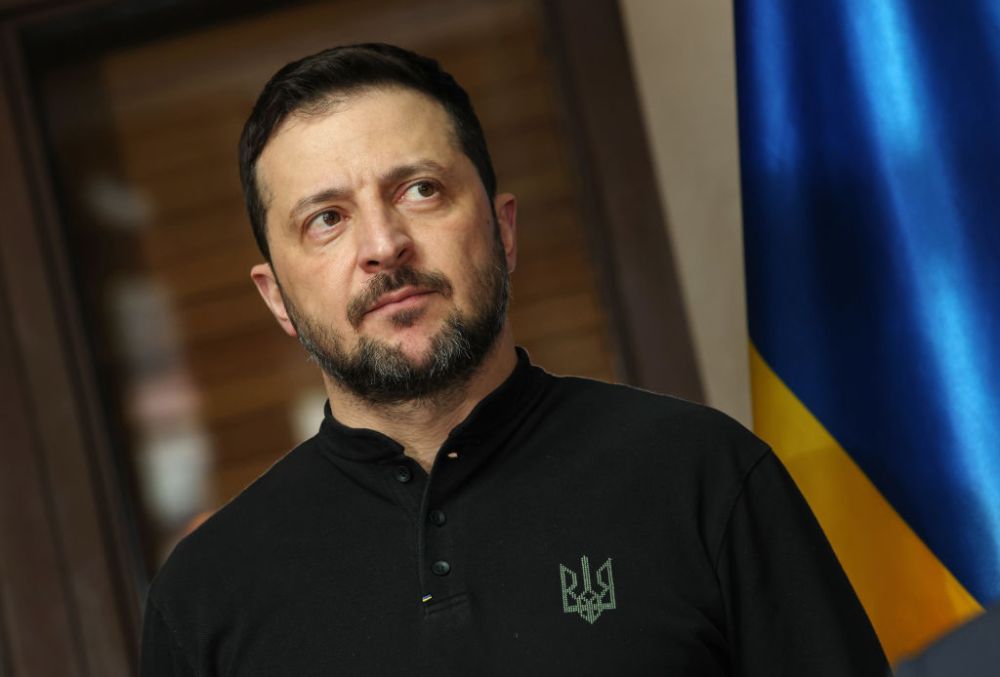
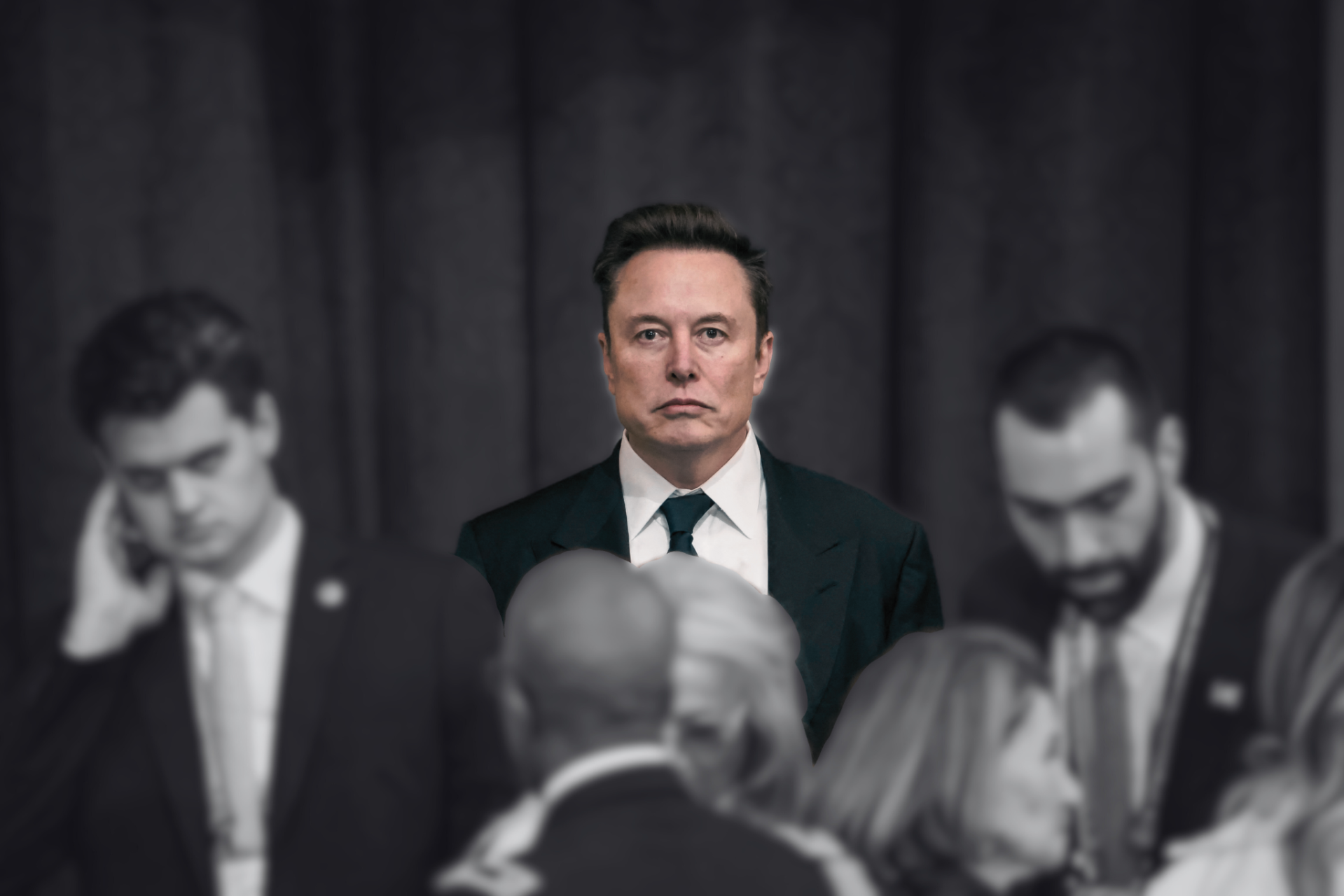








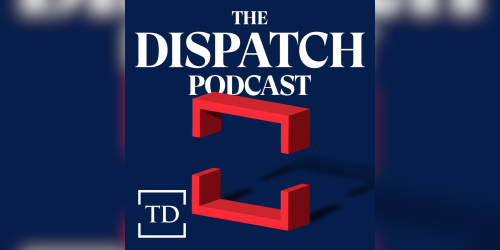
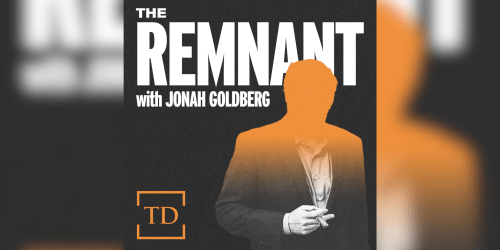

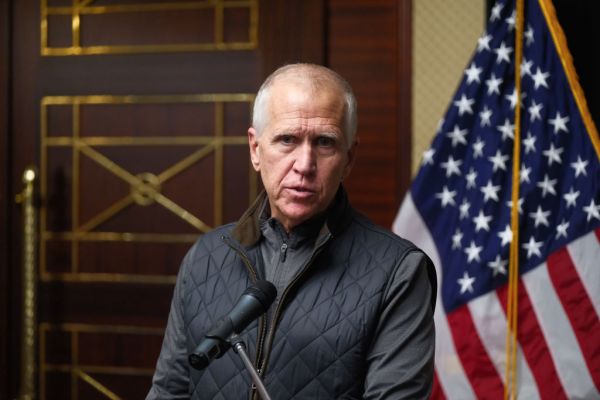



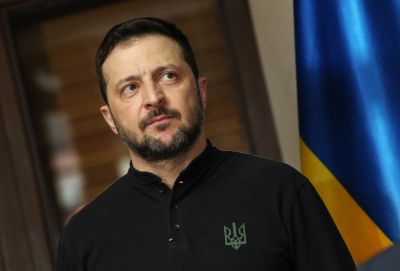
Please note that we at The Dispatch hold ourselves, our work, and our commenters to a higher standard than other places on the internet. We welcome comments that foster genuine debate or discussion—including comments critical of us or our work—but responses that include ad hominem attacks on fellow Dispatch members or are intended to stoke fear and anger may be moderated.
With your membership, you only have the ability to comment on The Morning Dispatch articles. Consider upgrading to join the conversation everywhere.